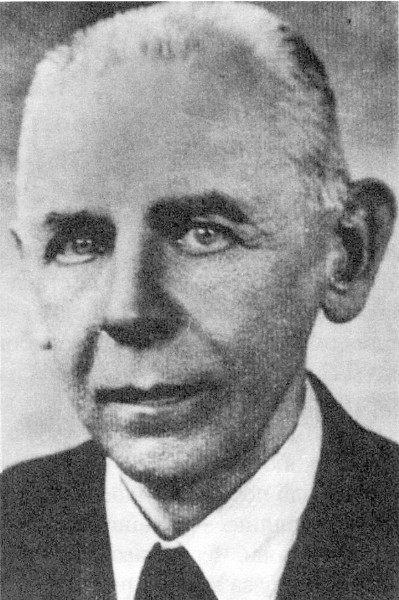
On May 17, 1883, Yaroslav Bilenky was born in the city of Sokal in the Lviv Region – teacher, General Judge of the UGWR
He graduated from the Sokal Gymnasium, the Faculty of Philosophy of the Lviv University (1907) and the Law Faculty of the University of Vienna (1912). In different years, he was a teacher of Ukrainian language and literature in Lviv, Kolomyia and Sokal gymnasiums, director of the Yavoriv gymnasium. During the revolution, the city commissar of the ZUNR government in Sokal (1918), publisher of the magazine “Voice from above the Bug”.
From 1906, he was a teacher of Ukrainian language and literature at Lviv, Kolomyia, and Sokal gymnasiums. During the Russian occupation of Galicia during the First World War, he lived in Vienna, and after the retreat of the Russian troops, he worked as the director of the Yavoriv Gymnasium. The events of November 1918 found Bilenkoy in Sokal, where he was appointed city commissar of the government of the West Ukrainian People’s Republic, published the socio-political magazine “Voice from the Bug” and in November 1918 – January 1919 held the position of director of the Sokal gymnasium.
At the same time, in January, he moved to Kamianets-Podilskyi, where he worked at the Ministry of Education of the Government of the Ukrainian People’s Republic, organizing Ukrainian schooling. In 1920, he returned to Lviv, in the 1920s and 1930s he was a teacher of the Ukrainian language at the local Academic Gymnasium.
An active member of the “Ukrainian Community” society, an employee of printed publications, from 1923 the chairman of the publishing commission of the “Native School” society, and from 1932 – the editor of the “Ukrainian School” magazine[4]. In 1929, he became a member of the OUN.
In 1939-1941, he was a professor at Lviv University. The author of works on the poetry of Taras Shevchenko and the activities of Ivan Mazepa, a number of articles on the topic of Ukrainian language teaching methods.
After the proclamation of the Act of Restoration of the Ukrainian State on June 30, 1941, he was elected secretary of the Council of Elders, which was reorganized into the Ukrainian National Council in Lviv on July 24, headed by Dr. Kost Levytskyi. In 1944, he worked in Lviv, and later moved to Sambor, where he taught at a local pedagogical school.
On July 13, 1944, the UGVR was created, which was headed by the General Court in 1944-1945[5]. The NKVD was persecuted for its activities.
He died in Sambor in March 1945.

